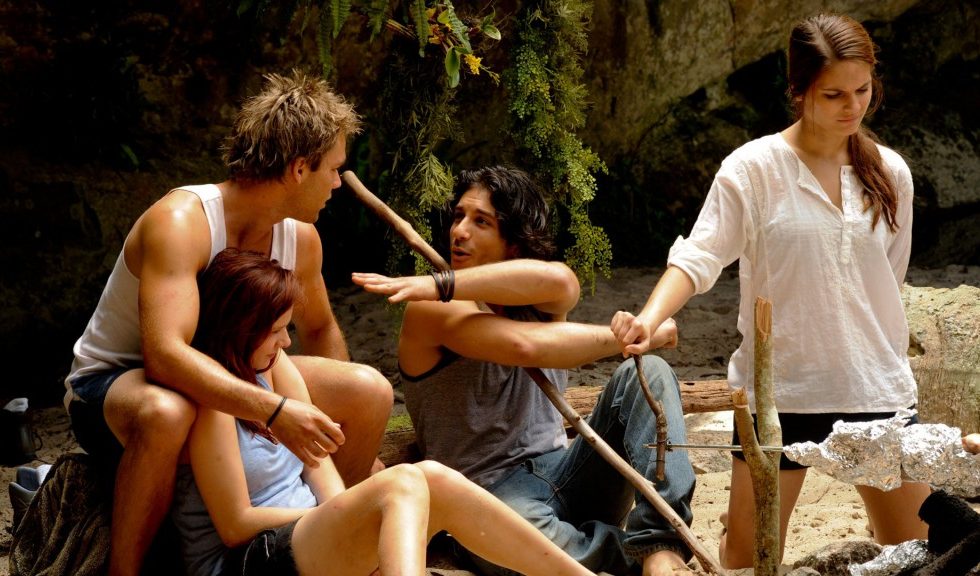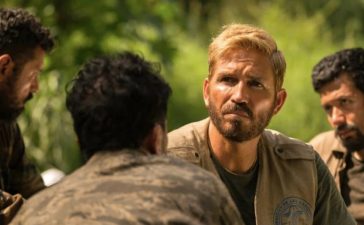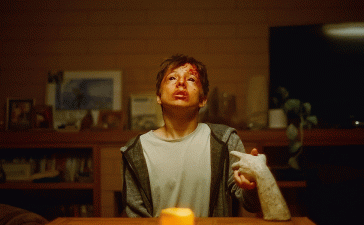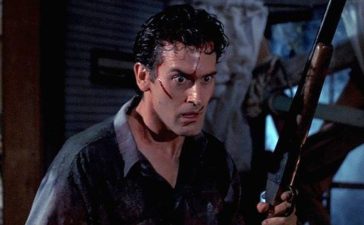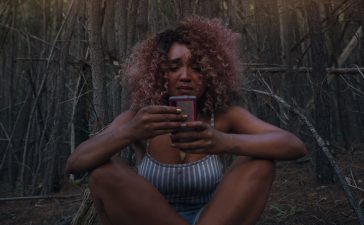There should be more than Mad Max, right?
Without interrogating the relative health or robustness of Australia’s screen industry (we could be here for days and it’s apt to get bloody), can we at least agree that we should, by this stage of the game, have more than one popular action franchise? There’s Mad Max, of course, and we’re both lucky and glad to have George Miller’s post-apocalyptic myth pool to dabble in, but other than that the ground is fallow. Yes, we’re getting a sequel to 2018’s Occupation at some point, but to my mind a franchise is three or more films. That means Max Rockatansky stands alone.
A decade back we gave it a red hot go, though. All the ingredients were in place: a hugely popular YA novel with a slew of sequels ripe for further adaptation, a respected Australian screenwriter making his directing debut, a cast of talented and attractive up and comers to fill out the ensemble, and – rare for any Australian film – a decent budget. Everything was in position for Tomorrow When the War Began to be an absolute smash hit.
So, what went wrong?
The Books
Published in 1993, Australian author John Marsden’s Tomorrow When the War Began was an instant sensation, capturing the imaginations of teens and adults alike both across the country and around the world. Taking its basic shape from John Milius’ macho, patriotic WWIII thriller Red Dawn (1984), Tomorrow is both a more thoughtful and, crucially, more Australian affair.
Narrated by resourceful teen Ellie Linton, the book sees a group of high school friends from the fictional New South Wales town of Wirrawee take off for a week of camping in the bush, only for the town – and Australia as a whole – to be invaded by foreign aggressors in their absence. Much like Red Dawn’s Wolverines, Ellie and her friends decide to fight back, waging a guerrilla war against the occupiers. Their story is told across seven books, with a sequel series, The Ellie Chronicles, picking up our narrator’s efforts to acclimatise to civilian life after the war.
Tomorrow When the War Began was a smash hit, combining gritty and – for the time – surprisingly violent action with an astute understanding of both the adolescent psyche and the toll of war. It seemed ripe for adaptation, but the road from page to screen is rarely short or straight.
The Production
After years of development and a few false starts, Tomorrow When the War Began wound up in the hands of Omnilab Media’s production arm, Ambience Entertainment, who tapped noted screenwriter Stuart Beattie, whose work includes Michael Mann’s Collateral, Pirates of the Caribbean: Curse of the Black Pearl, and Ronin, to adapt the book. Beattie took some convincing, though, and it was only after the production company agreed to let him direct that he signed on.
With a budget of $27 million, filming took place in the Hunter Valley, with the town of Raymond Terrace standing in for Wirrawee, and additional shooting taking place at Fox Studios in Sydney, Dungog, Terrey Hills, Maitland, and the Blue Mountains. Logistically, the shoot was a challenge, with Beattie and his team mounting several complicated action sequences complete with car chases, explosions, helicopters, and more.
The Cast
Populating the film is an impressive cast of young Australian talent. For the central role of Ellie, Beattie chose Caitlin Stasey (Neighbours), with British actress Rachel Hurd-Wood (Peter Pan) playing her best friend, Corrie, and Home And Away‘s Lincoln Lewis as Corrie’s boyfriend. Chris Pang (Crazy Rich Asians) plays Lee, Ellie’s love interest, with Deniz Akdeniz as the larrikin Homer. Meanwhile, future Hounds of Love and NOS4A2 star Ashleigh Cummings plays as the religious good girl Robyn; while Andy Ryan (INXS: Never Tear Us Apart) crops up as comic relief stoner, Chris, and Phoebe Tonkin (Bloom) plays posh girl Fiona.
The casting process was exhaustive, with pretty much every age-appropriate Australian actor of the time taking a punt, including Margot Robbie, Mia Wasikowska, and Emily Browning. Those who made the grade faced a challenging shoot prefaced by a month of rehearsals and training, including firearms drills.
The Reception
While critical reviews were middling (and if we’re going to go there, the film is too front-loaded with exposition and very much feels like an opening chapter rather than a discrete movie in and of itself), Tomorrow did good business at the Australian box office, taking $13.5 million locally. It tanked overseas, adding less than $3 million to its total. That sealed the potential franchise’s fate; while Beattie and Ambience Entertainment struggled manfully to mount the next film in the series, interest was low. Beattie eventually jumped ship to direct I, Frankenstein (nigh unwatchable, if you’re wondering), and a television adaptation of Tomorrow When the War Began, unrelated to the film, hit the ABC in 2016, impressing no one. Ellie and the gang’s journey to the screen was over.
The Aftermath
Tomorrow When the War Began is not a perfect film. Structurally, it’s a bit of a mess, some of the characterisations ring false (stoner Chris is a dud note), and the fact that the attacking force is a Pan-Asian coalition is redolent of the old Yellow Peril nonsense of the 20th century, which the presence of Chinese-Australian actor Chris Pang on the side of the angels can’t quite mitigate (the books sidestepped this by never describing the specifics of the enemy forces).
Still, there’s plenty of energy, some fine performances, and several well-executed action beats, all backed by a cracking Aussie soundtrack (The Cruel Sea, Powderfinger, The Temper Trap, and Sarah Blasko all feature). While the bloom is off the rose now, 2010 was smack bang in the middle of the YA explosion, coming in at the tail end of the Harry Potter series and just before The Hunger Games explored similar thematic territory. A home grown apocalyptic YA offering should have been a slam dunk.
Taking an educated guess, it’s simply a numbers game; Australia doesn’t have the audience to turn a profit on a $27 million film domestically, and with foreign markets not coming to the party, at the end of the day winding up in the red means no sequel, even when the roadmap for six or more additional films is right there on the page. It’s doubtless that someone will take another shot at Marsden’s work down the track, but for now, tomorrow is another day.


